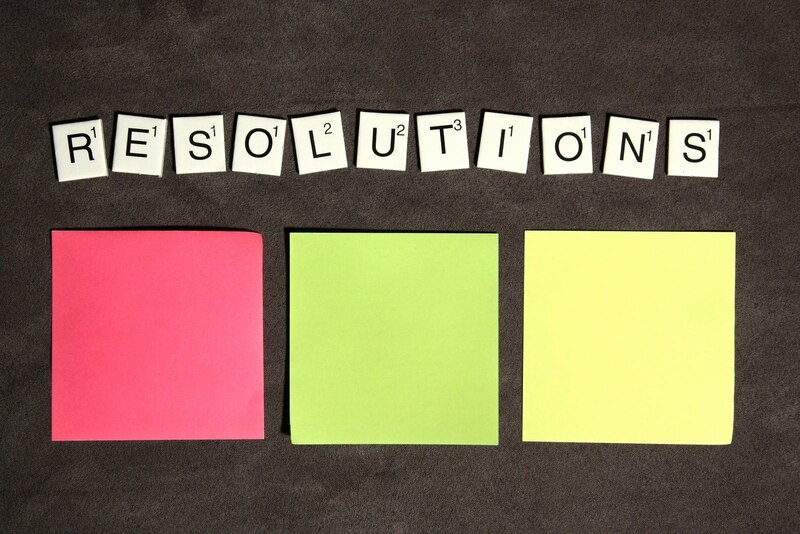Column: Navigating New Year’s Resolutions
[Opinion column written by Dr Alexandra Gold]
It’s that time of year again, when Bermudians are making resolutions. Here is some guidance you might find useful when it comes to your own – if you decide to make them at all!
We’re all in it together!
The New Year offers a ‘built-in’ new beginning, because it starts for everyone on the same day. It may be easier for some people to attempt to make a lifestyle change around this time because many others are also attempting to make changes at the same time. This could lead to a greater sense of community, or a feeling of ‘we’re in this together!’ That social component can be a motivating factor.
Setting yourself up for success
One potential pitfall that people make when coming up with a list of New Year’s resolutions is that they come up with a long list of changes they would like to make. This can be overwhelming, which can make it harder to commit to a new habit.
Instead of a list, identify one or two goals you would like to accomplish in the New Year. Break each desired goal up into individual steps and tackle each step one at a time. For example, if your goal is to exercise five days per week and you are currently not exercising at all, the first step in that goal could be going for a 20-minute walk, twice a week. Once you’ve been doing that first step consistently for a month, perhaps you add in a visit to the gym one day per week. By approaching goals in a step-by-step way, it will be easier to commit to them.
Be kind to yourself
Prior to making any changes, come up with an action plan in the event that it is difficult to follow-through on desired changes. Often times, difficulty with following through on resolutions can be a sign that the desired changes feel overwhelming in their current form.
In your action plan, brainstorm ways to break down desired changes into even smaller steps, if need be. To use the above example, in the event a 20-minute walk twice per week ends up being challenging to follow through on, this step could be modified to a 10-minute walk once per week. On your action plan, identify people in your life who could assist with accountability and follow-through. For example, maybe your friend or neighbor could accompany you on that weekly walk.
If you do find it hard to stick with a desired change, be kind and forgiving to yourself! Having the intention to make a lifestyle change is the first step.
Do you really want to do this?
Sometimes people find it difficult to stick with a resolution because the resolution does not represent something that is actually important to them. Perhaps people in their life are encouraging them to add a resolution to their list, but it is not something the person truly wants for themselves.
It can be easier to stick with resolutions when they align with our values. A value is defined as how someone wants to live their life [such as ‘give back through volunteer work more regularly’]. If it is hard to stick with a particular change, ask yourself: does this change line up with my values? Make modifications to your resolutions so that all resolutions are values-consistent.
- Alexandra Gold, PhD, Psychologist at Mass General Brigham
Read More About
Category: All



